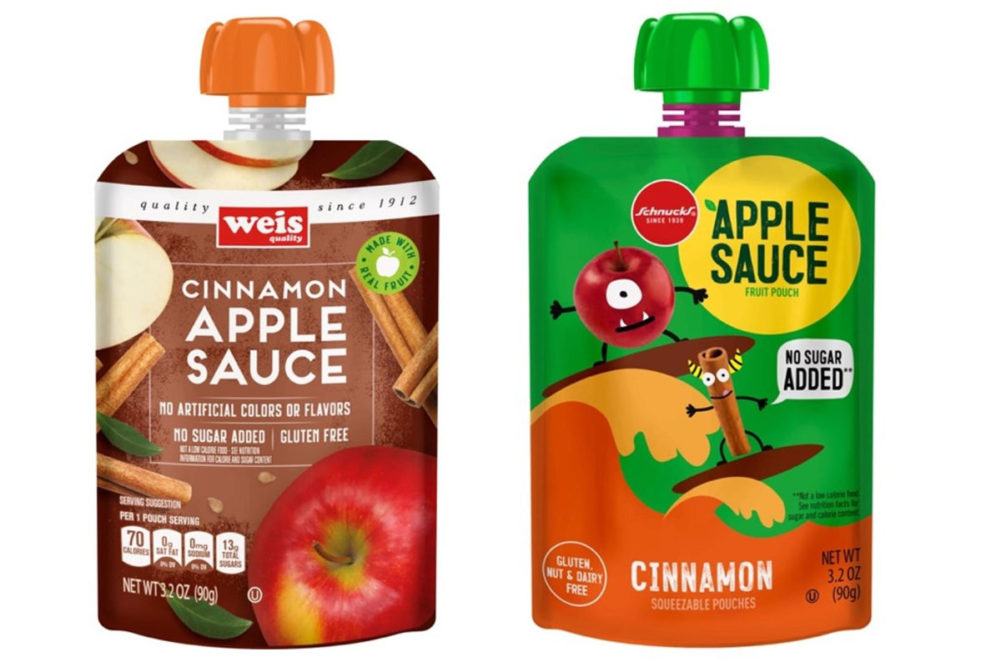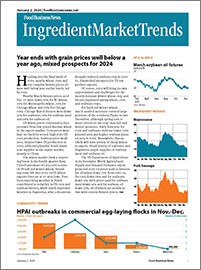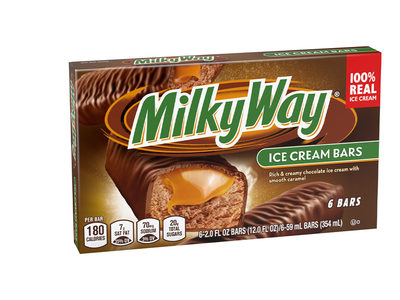WASHINGTON — The lead found in apple cinnamon varieties of fruit puree pouches manufactured by WanaBana LLC may have been added intentionally, said Jim Jones, the Food and Drug Administration’s deputy commissioner for Human Foods, in an interview with the publication Politico.
“We’re still in the midst of our investigation,” Mr. Jones said in the Politico interview. “But so far all of the signals we’re getting lead to an intentional act on the part of someone in the supply chain and we’re trying to sort of figure that out.”
The fruit puree pouches were manufactured and marketed by Austrofood, Sangolquí, Ecuador. An FDA inspection at Austrofoods’ plant has led the agency to focus on Negasmart SA, Quito, Ecuador, the supplier of cinnamon to Austrofood.
“My instinct is they (whoever added the lead) didn’t think this product was going to end up in a country with a robust regulatory process,” Mr. Jones told Politico. “They thought it was going to end up in places that did not have the ability to detect something like this.”
WanaBana initiated the recall of the apple cinnamon fruit puree pouches on Oct. 31 and expanded the recall on Nov. 9 to include private label varieties sold by the retailers Schnucks and Weis. The products were recalled after an investigation into why some state officials were seeing elevated levels of lead in children following blood screenings.
As of Dec. 8, the Centers for Disease Control and Prevention, Atlanta, had identified 46 confirmed cases of elevated lead levels, 68 probable cases and 11 suspect cases from 22 states.
Mr. Jones told Politico that such economic adulteration “is always going to be tricky to absolutely stop, if somebody has intent to purposefully do something like this.”
There are few reliable statistics that capture the full scope of economic adulteration globally. The FDA estimated earlier this year the costs may range from $10 billion to $40 billion per year.
Foods and beverages often associated with intentional misrepresentation include a range of products marketed under the USDA’s organic standards as well as individual products/categories such as honey, maple syrup, meat, olive oil, juices, seafood and spices. In December 2022, the FDA published sampling data taken in 2021 and 2022 of imported honey that found 10% of the samples contained less expensive undeclared added sweeteners like cane and corn syrups.




